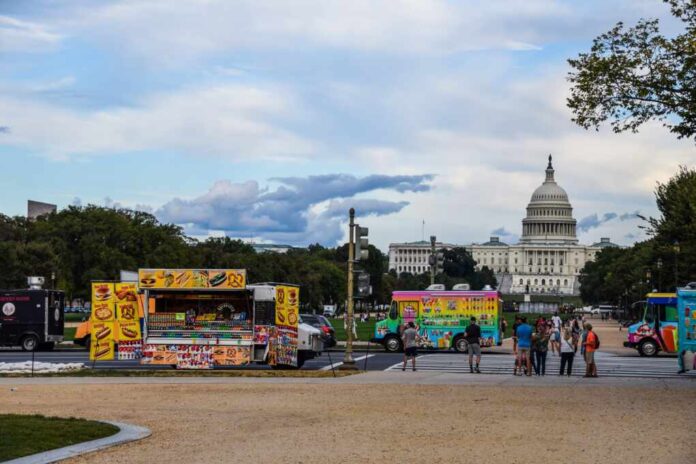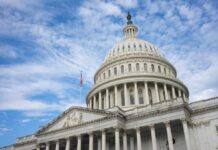
In a city where political discourse is as common as monuments, a local restaurant chain, Brine, announced its closure this week, pointing to a stark rise in violent crime and soaring operating costs as the reasons. This development reflects a troubling trend in Democrat-led cities where businesses struggle under the weight of unchecked crime and economic pressure.
Brine’s owners shared their difficult decision in a press release with a note of finality: “We have explored all options, but regrettably, we have no choice but to close our doors.” The last day of service at their H Street and DuPont Circle locations was slated for Saturday.
Brine Oyster & Seafood House is closing both its DC locations, citing the economic climate and “violent crime” pic.twitter.com/JLZR9olhwP
— Jessica Sidman (@jsidman) November 9, 2023
While the DuPont Circle location’s struggles were mainly financial, Aaron McGovern, the entrepreneur behind the H Street Brine, underscored crime as a significant factor in his decision. McGovern lamented the repeated burglaries and a recent surge in violence, including a quadruple shooting at a nearby establishment, as insurmountable challenges.
These incidents are not isolated. D.C.’s violent crime rate has spiked by 40% since last year, with property crime also up by 25%. The impact of these statistics is tangible, felt not only by businesses but also reaching the corridors of power, with a member of Congress falling victim to carjacking last month.
McGovern’s plea for local leaders to prioritize their constituents’ and businesses’ safety and welfare is a call to action. “People will leave,” he warned, indicating the potential for a mass exodus if conditions deteriorate further.
The story of Brine is not just the story of one business. It’s a snapshot of a broader economic struggle post-pandemic, where restaurants grapple with reduced profitability amid rising costs and diminished foot traffic. The Restaurant Association of Washington notes a worrying trend of closures in the industry, with Brine’s departure marking the 47th and 48th such instances in the District this year alone.
The closures extend beyond Brine, with other prominent D.C. establishments like Harry’s and Buttercream Bakeshop also bowing out, citing similar economic and safety concerns. These businesses were once thriving community and culinary delight hubs, but have been rendered untenable by financial and social instability.
As the nation’s capital contends with these closures, it becomes increasingly evident that the vibrancy of American urban life is dimming. The ripple effect of such a downturn has profound implications, from the loss of jobs to the erosion of tax bases that support public services.
Brine’s closure is a stark reminder of the real-world consequences of policy and governance. It is a testament to the urgent need for a renewed focus on safety and economic vitality in America’s cities. As D.C. bids farewell to Brine, the question looms: How will the city address these challenges to prevent further loss and ensure a prosperous future for all its inhabitants?





























